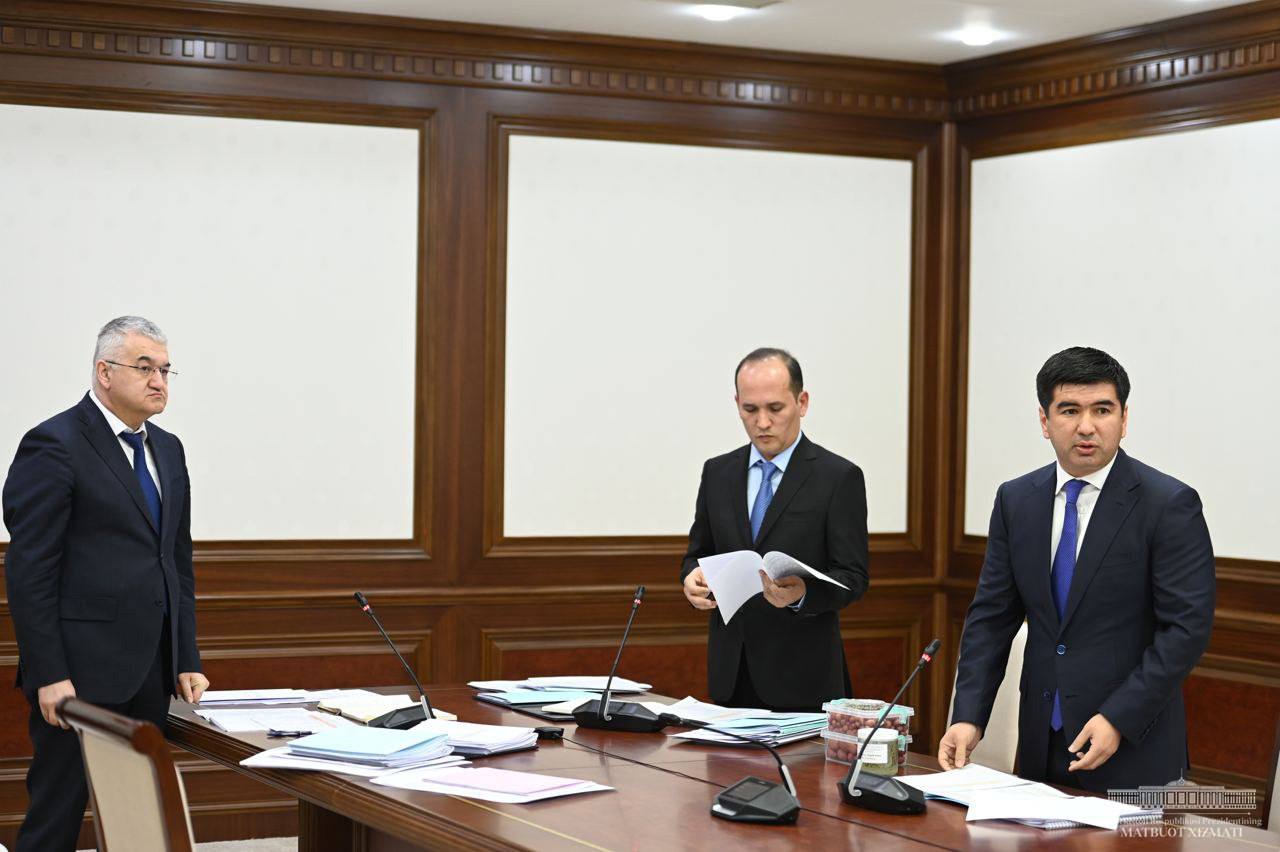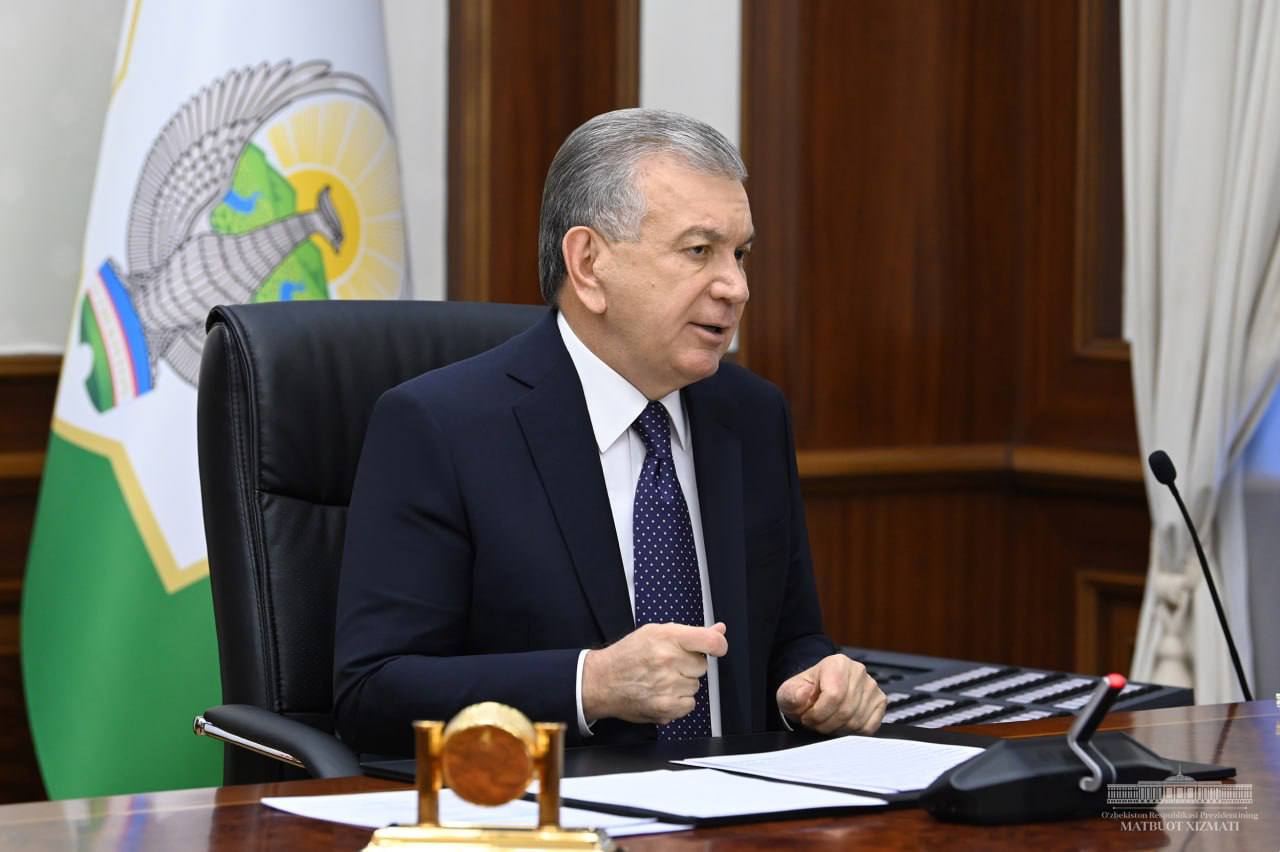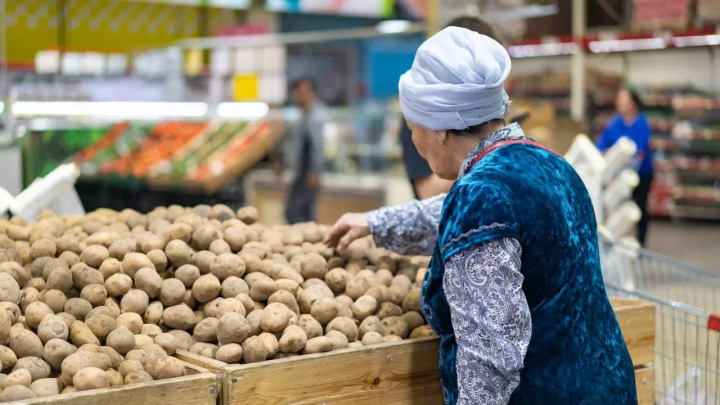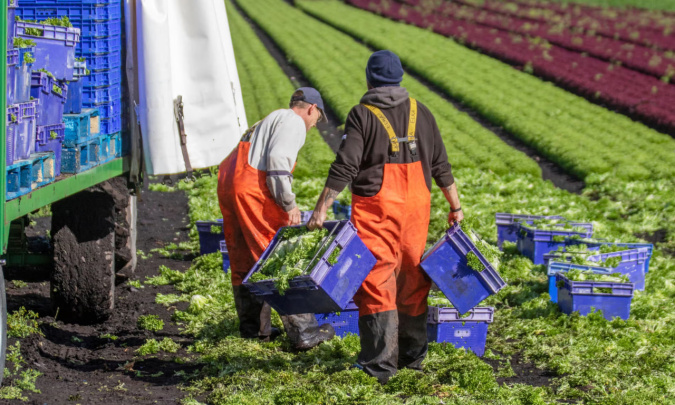According to the press service of the head of our state, today the need for potatoes in our country is almost 4 million tons. More than 80% of this volume is provided for domestic production, the rest – through imports.
High imports are caused by a number of problems in the sphere. So, today potatoes are grown on 253 thousand hectares, and the average yield is 163 cwt per hectare. This is a very low figure compared to other countries.
Another problem is related to the use of seeds. Due to limited access to elite seeds and R1 seeds, the population and farms have to plant imported or low-quality local ones. There is a lack of sown land and greenhouses for growing high-yielding seed potatoes, as well as warehouses for its storage. There are no laboratories to test for viral and bacterial diseases that cause yield reduction.
During the meeting, proposals were discussed to address these pressing issues and the development of potato production and its seed production.
To date, there are 250 different varieties of potatoes in the national gene pool, 4 enterprises and research institutes have begun to create domestic seeds from 27 varieties.
One of them is an Uzbek-Korean JV in Samarkand. In order to expand its capabilities, at the first stage, it is planned to allocate 500 hectares of land in the Bulungur, Taylak and Samarkand districts, as well as 2,000 hectares in the Bostanlyk district of Tashkent region, Bakhmal and Zaamin districts of Jizzakh region, Kitab and Shakhrisabz districts of the Kashkadarya region.

For the development of seed production, it is planned to build greenhouses and refrigerated warehouses with an area of 4 hectares at the Research Institute of Vegetables, Melons and Potatoes and an area of 1 hectare at the Green Korea Agro Invest enterprise in Samarkand. These projects are funded by the World Bank, and a full cycle of growing potato seeds using the in vitro method will be established.
Also, at the Samarkand branch of the Tashkent State Agrarian University, a potato seed center will be created on the principle of “science – education – production”. A $4 million laboratory will be launched to detect latent viral diseases and evaluate potato quality indicators.
It was noted that as a result of the implementation of such measures, the domestic demand for seed potatoes will be fully satisfied from 2025.
The head of our state approved these proposals and gave instructions to increase the production of seed potatoes and improve its quality.
The Ministry of Agriculture was tasked with distributing 500 tons of elite potato seeds free of charge to 1,700 households, as well as allocating preferential financial resources to potato producers.






